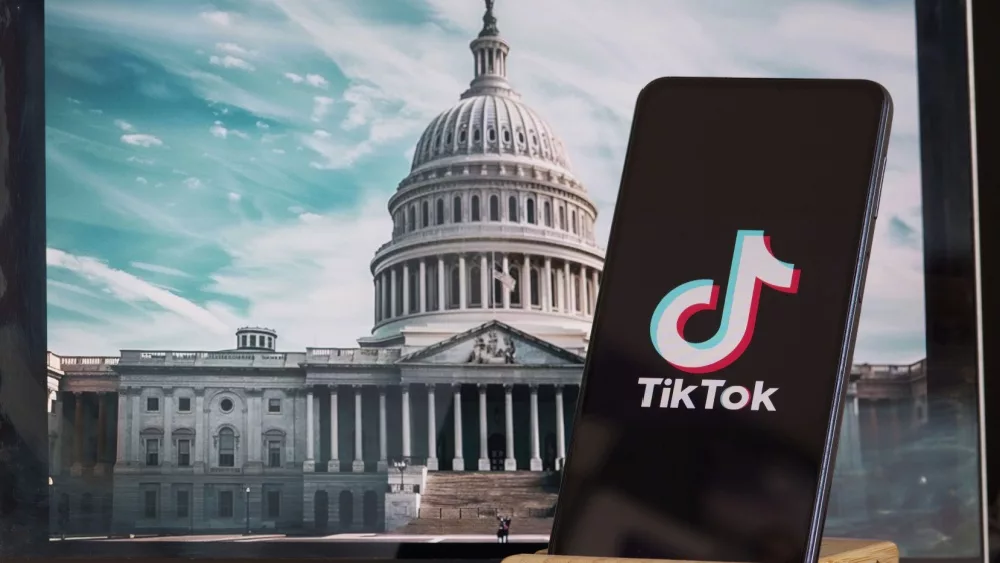TikTok and its Chinese parent company ByteDance filed a lawsuit against the federal government Tuesday over what it called an "unconstitutional" potential ban in the U.S. of the social media platform. The company is suing to stop enforcement of a recently signed law that effectively would ban the app unless they sell it. The White House did not immediately comment on the lawsuit.
TikTok said in its 65-page petition filed in the U.S. Court of Appeals for the District of Columbia Circuit on Tuesday: "For the first time in history, Congress has enacted a law that subjects a single, named speech platform to a permanent, nationwide ban, and bars every American from participating in a unique online community with more than 1 billion people worldwide."
In March, the House Energy and Commerce Committee had unanimously approved the Protecting Americans From Foreign Adversary Controlled Applications Act that would essentially ban TikTok from American app stores unless ByteDance sold the app in a year or less. President Biden and some congressional leaders have argued that the ultimatum against TikTok was necessary because of security concerns about ByteDance and its connections to the Chinese government. The House on March 13 passed the bill in a 352-65 vote, and Biden signed it into law on April 24 as part of a massive, $95 billion foreign aid package to commit foreign aid to Ukraine, Israel and Taiwan.
In TikTok's lawsuit, they argue that what the United States has proposed is not based in any kind of workable reality, and "certainly not on the 270-day timeline required by the Act." ByteDance also argued there has been no tangible evidence that the app poses any security risk: "Congress itself has offered nothing to suggest that the TikTok platform poses the types of risks to data security or the spread of foreign propaganda that could conceivably justify the act ... The 'qualified divestiture' demanded by the Act to allow TikTok to continue operating in the United States is simply not possible: not commercially, not technologically, not legally."
Editorial credit: Below the Sky / Shutterstock.com

